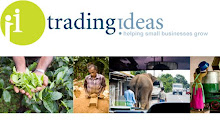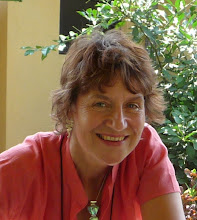

Last week was New Year in Sri Lanka, a time when everyone here takes time off work, visits friends and relations and eats too many sweet cakes and lumps of jaggery (a solid sugar thing made from the sap of the kitul tree). Those of us with no relatives, few friends here and teeth which drop out at the very mention of the word jaggery have to find other things to do, so a fellow-volunteer and I set out on a wildlife adventure. As I'm sure I've already mentioned that Sri Lanka is one of the world's top 10 bio-diversity hotspots though as with everywhere it is getting less diverse by the day. In brief, we went into the mountains and forest of the wet zone then down to the plains and scrub of the dry zone and saw (just a sample of, in no particular order), giant squirrels, wild fowl (look just like our cockerels),Indian peafowl (peacocks to you), crocodiles, elephants, green beeeaters, boar, a cobra and lots of painted storks and other wonderful birds. The leopards were feeling shy that day and our safari tracker, suffering I guess from loss of face at not having tracked them down, was so mortified he almost declined his tip ....but recovered his wits just in time, and instead declined to collect the money his boss had paid out for our lunch. Which I guess made sense at the time but wouldn't have done much for corporate relations. Anyone have any experiences of safari to share?

.jpg)
